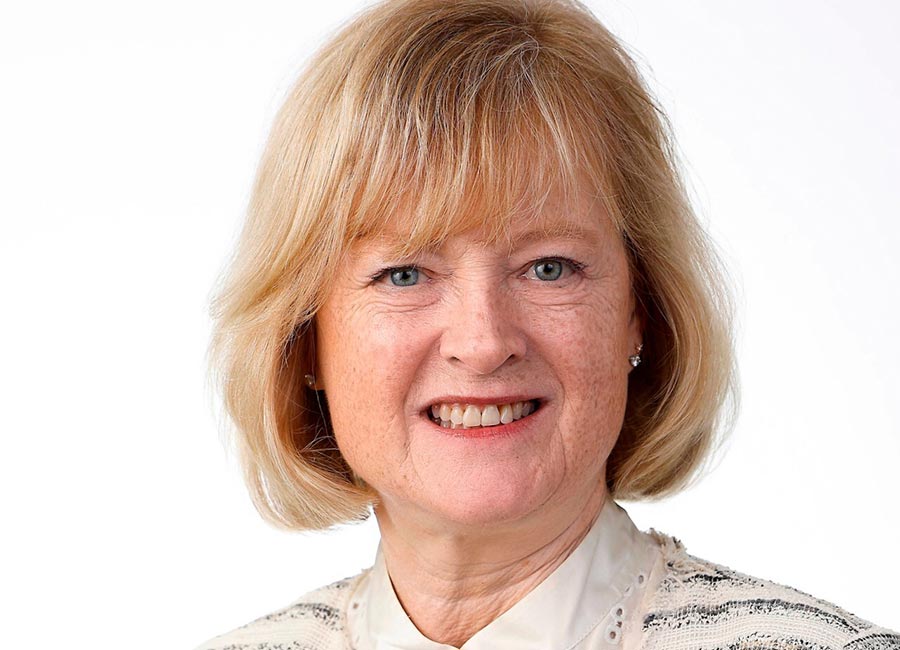Thousands of global aviation executives have arrived in Ireland for Aviation Finance Week 2023, to attend events including Airfinance Journal Dublin conference and Airline Economics Growth Frontiers.
Conference sponsor Mason Hayes & Curran is urging the sector to take a hard look at the need for investment and support initiatives to drive further integration of women and minority groups in the aviation sector.
The law firm’s 2022 survey of aviation professionals revealed that diversity at board or C-suite level has declined in recent years.
Just 17% of those surveyed report that the percentage of employees at C-suite or board level that identify as female, or as a member of a minority group, is greater than the generally accepted threshold of 30%.
This figure peaked at 22% in 2020 with a gradual reduction year-on-year since then.
The survey was conducted during the summer of 2022 and looks at diversity issues such as gender, ethnicity, religion and sexual orientation in the aviation industry.
46% of those surveyed said that there had been no improvement in diversity at C-suite level in their organisations over the previous 12 months, with 47% also reporting no improvement at board level.
Christine O’Donovan, chair of Mason Hayes & Curran, commented: “Looking back on the results of the survey over the last seven years, I remain concerned by the slow pace of change and low percentage improvement of diversity candidates in the aviation industry.
"Average percentage representation in the upper echelons has stagnated well below the 30% level set for sophisticated international business. Career progression of women and diversity candidates appears to have flatlined.”
O’Donovan said the aim of conducting the survey is to hold up a mirror to the industry on this subject, raise awareness and provide a reason for companies to examine their structures and to discover what are the real barriers to progress.
“Corporate policies and procedures on subjects such as equal opportunity hiring and promotion and non-discrimination are standard and necessary but they should not be allowed to languish and gather dust,” she added.

“The fundamental issue of equality should be recognised and embraced as an inherent part of the fabric and personality of any organisation.”
The law firm’s survey highlighted a decline in the number of organisations with a Diversity & Inclusion Committee in place. The number fell from 51% in 2021 to 41% in 2022.
Notwithstanding the recent introduction of mandatory gender pay gap reporting, almost half of respondents said their company had not conducted a gender pay gap analysis in the previous 12 months.
Just 11% confirmed their company has conducted an analysis, with 41% reporting that they were not aware if this had taken place.
O’Donovan remarked: “The successful few cannot effect change alone. A simple and effective tool to embrace the gender issue is to establish diversity and gender committees with real power and authority to effect change. Participation on a diversity committee, without power, authority and a clear sense of what its objectives are, can be frustrating and unfulfilling.
“Organisations should consider voluntarily conducting a gender pay gap analysis, sharing results with staff and stakeholders and, where needed, promptly effecting measures to achieve equality in compensation levels for designated grades.”









